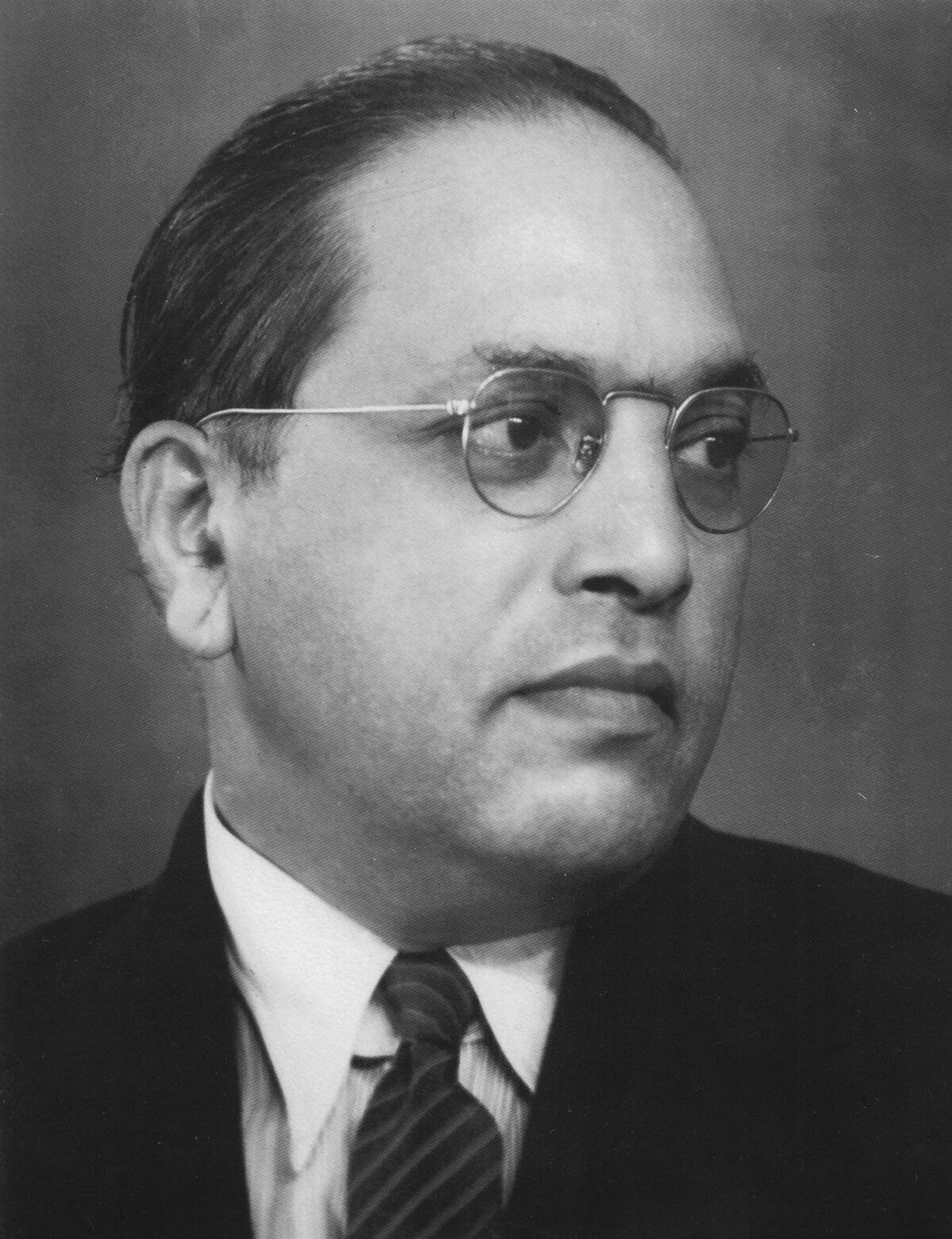This is all cribbed from hazy recollection of Alexander Reid Ross' Years of Lead Pod podcast episodes on the subject, haven't done any real reading on it and it's silly so won't make a thread.
OTL, former Italian PM Aldo Moro was kidnapped in 1978 by the Red Brigades, a kind of vulgar Marxist armed revolutionary group at the far end of a milieu of left-wing groups which rejected electoral politics. Their particular contribution to Communist political theory was asserting the existence of a global conspiracy in fact of multinational corporations and their national Quislings, of which Italy's was the Christian Democracy party, the dominant party in the post-war Republic up to that point. This lead them to strangely vindictive revolutionary actions like maiming minor local DC functionaries. Moro was a founding member of the party and then party president, and the leader of a center-left faction within it. Ross proposed that, although they were a violent group, their intention with the Moro kidnapping was to create the spectacle of a 'people's trial', force both the state and the DC into publicly negotiating with them and recognizing them as an entity, and secure a prisoner exchange of their imprisoned members for Moro. As actually happened, their radio silence after the kidnapping while they were trying to take the measure of the Italian political class, their rhetorical inability to specifically name their demands, and their decision to have Moro write letters pleading for those negotiations to take place, all lead political leaders across the spectrum to reject negotiations as an intolerable indignity against the democratic state and Moro himself. A kind of standoff ensued for two months, and while public pressure grew on the politicians to do something, the Red Brigades ultimately gave up on waiting and murdered Moro.
Moro was an interesting figure for this to have happened to. He was a professor of the institutions of law and a member of the Constituent Assembly which drafted the constitution of the Republic. He wrote about how democracy and democratic law possessed a vitality through its dialectical processes which engendered the life of society as a whole, while non-democratic societies withered. He was also a shrewd backroom politician who in his final years attempted the delicate maneuvering to bring the Communist Party of Italy into a confidence and supply agreement with the DC, and perhaps in the future a coalition government, the 'Historic Compromise.' There were practical considerations in favor of this, in the previous election the PCI won second place with 34% of the vote, being the senior partner in an arrangement with them would have a moderating effect on them and ensure some political continuity if they continued to grow. In addition to that though Moro apparently had high-minded beliefs that the exclusion of the Communists from government was a deformation of Italian democracy which impaired the vital quality he wrote about. During this he apparently wasn't as interested in engaging the growing extra-parliamentary left, and his kidnapping puzzled him, for example he seemed to expect negotiation might occur with the PCI acting as a liaison, unaware that the Brigadists considered them class traitors and the PCI was terrified of association with the Brigadists.
With all of that set up, suppose Moro realized that the colleagues he was begging for help from were paralyzed by the situation, and instead devoted his energies to working his Red Brigadists captors? They're desperate people, he's an eloquent political philosopher and skilled deal maker, and the situation is in line with his long held goals of expanding the reach of Italian democracy. The effect of this could be as minor as him persuading his captors to release him, and maybe to turn themselves in. It's not as traumatic an experience for the Italian people, the left is probably still weakened for it though. Moro remains in politics and a popular figure but the center-right faction of the DC is still ascendant for the remainder of his political life so he doesn't accomplish much more. He gets a turn as President of Italy as a sop, and his hagiography isn't as intense when he dies naturally, hopefully before the Mani pulite investigations.
My more ridiculous, wanky idea is that he prevails so thoroughly over his captors, and they go on to persuade their comrades in the BR, that they agree to using the hostage negotiations as a way to draw the democratic state and the extra-parliamentary left into dialogue. They wait it out, and public pressure eventually forces the political leadership of the country into negotiations which Moro, despite nominally being a captive and the object of negotiation, orchestrates, winning the extra-parliamentary left political recognition and broad amnesties and pardons, and winning from them a commitment to engaging in politics in a democratically spirited way. I don't intend to insult too much the sincerity of those leftists by imagining they all go start official political parties and run for office, but some of them do and some more of them vote, and the rest are invigorated rather than demoralized by the whole affair. After the next election, a DC-PCI coalition is formed. It then runs directly into the economic reality of Italy in the late 70s and early 80s, and is either forced to do the same kinds of liberalizing reforms that the OTL governments did with the complicity of the parliamentary left, and they end up voted out, or it doesn't and the country's economic troubles worsen until they're voted out. Either way, the Communist moment passes and they get incorporated into the center left blob, a tragically domesticated end for would be revolutionaries.
